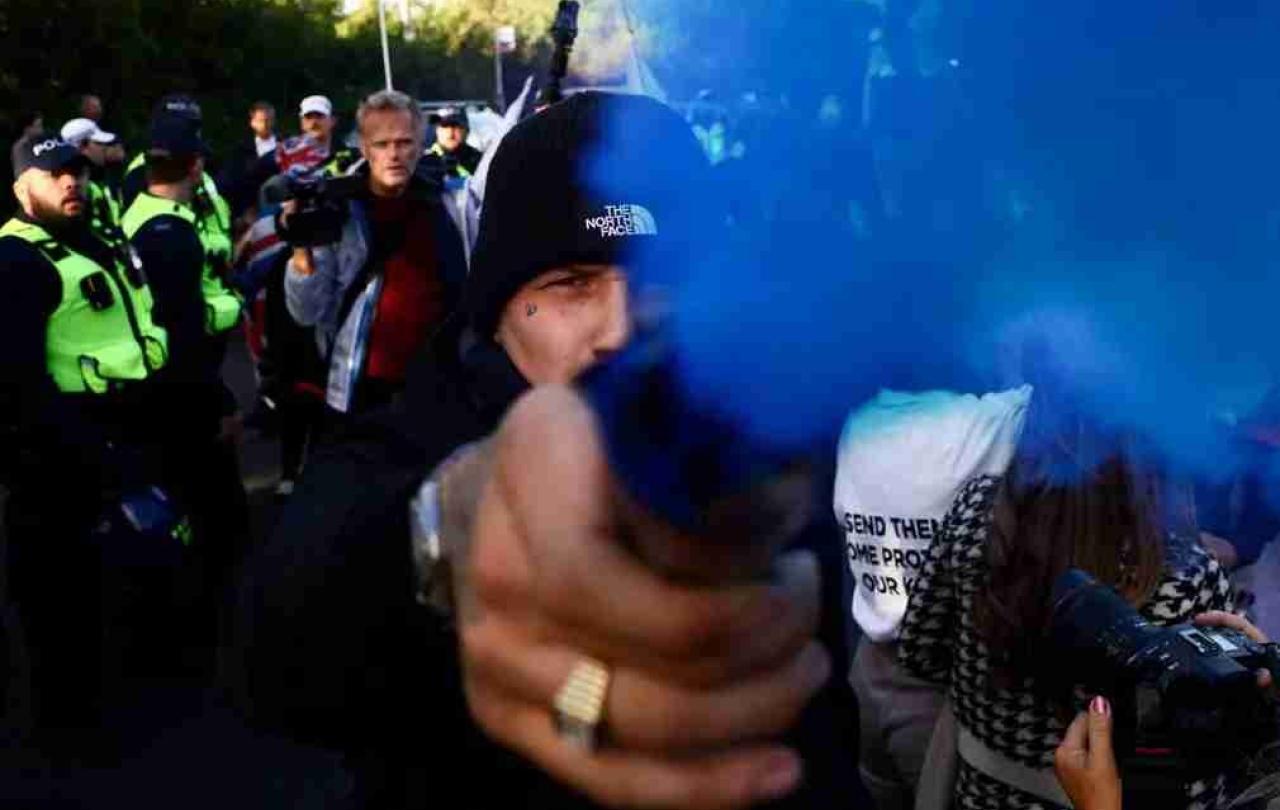
Listen now
About this episode
This week we explore the world of art in literature and drama: Jonathan Rowlands feels liberated by reading Don Quixote and Rachel Luckett is uncharacteristically effusive about her experience attending The Life of Christ at Wintershall.
Support this podcast
Since Spring 2023, thousands of people have enjoyed hundreds of podcast episodes and over 1,500 articles.
All for free.
This is made possible through the generosity of our amazing community of supporters.
If you enjoy Seen & Unseen Aloud, would you consider making a gift towards our work?
Do so by joining Behind The Seen. Alongside other benefits, you’ll receive an extra fortnightly email from me sharing my reading and reflections on the ideas that are shaping our times.
Graham Tomlin
Editor-in-Chief





